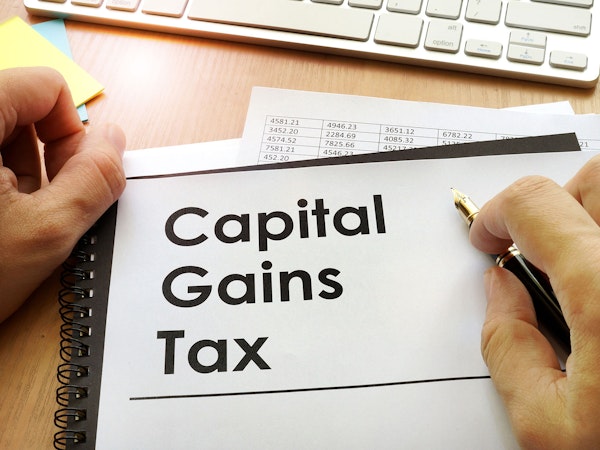Capital gains tax: increases on the way?
Publication of proposals on CGT reform from the Office for Budget Responsibility could herald changes in the next Budget.

Last July the Chancellor asked the Office of Tax Simplification (OTS) to undertake a review of capital gains tax (CGT) “in relation to individuals and smaller companies”. The request was something of a surprise for two reasons. Firstly, there had been no suggestion that Mr Sunak wanted to reform capital gains tax. Secondly, two earlier reports on another capital tax, inheritance tax, had been sitting in the Treasury’s in-tray for over a year, awaiting attention.
Cynics pointed out that while the Conservatives’ 2019 manifesto promised no increases to the rates of income tax, VAT and national insurance, there was no such protection for CGT. Certainly, the ideas put forward by the OTS would raise extra revenue for the Treasury’s depleted coffers, but probably not the £14bn seen in some of the November headlines.
The OTS made eleven proposals for the government to consider. The more significant were:
- CGT rates should be more closely aligned with income tax rates, implying the maximum tax rate on most gains could rise from 20% to 45%.
- The annual exempt amount, currently £12,300 of gains, should be reduced to a ‘true de minimis level’ of between £2,000 and £4,000.
When inheritance tax relief applies to an asset, there should be no automatic resetting of CGT base values at death, as currently occurs. The OTS also suggested that the government should consider whether to end all rebasing at death, meaning that the person inheriting an asset would be treated as acquiring it at the base cost of the person who has died.
The £1m Business Asset Disposal Relief, which only replaced the £10m Entrepreneurs’ Relief in March 2020, should itself be replaced with a new relief more focused on retirement.
The OTS paper underlines just how favourably capital gains are currently treated relative to income. As the tax year end approaches the report is also a reminder to examine your use-it-or-lose-it options for the 2020/21 annual exemption.


